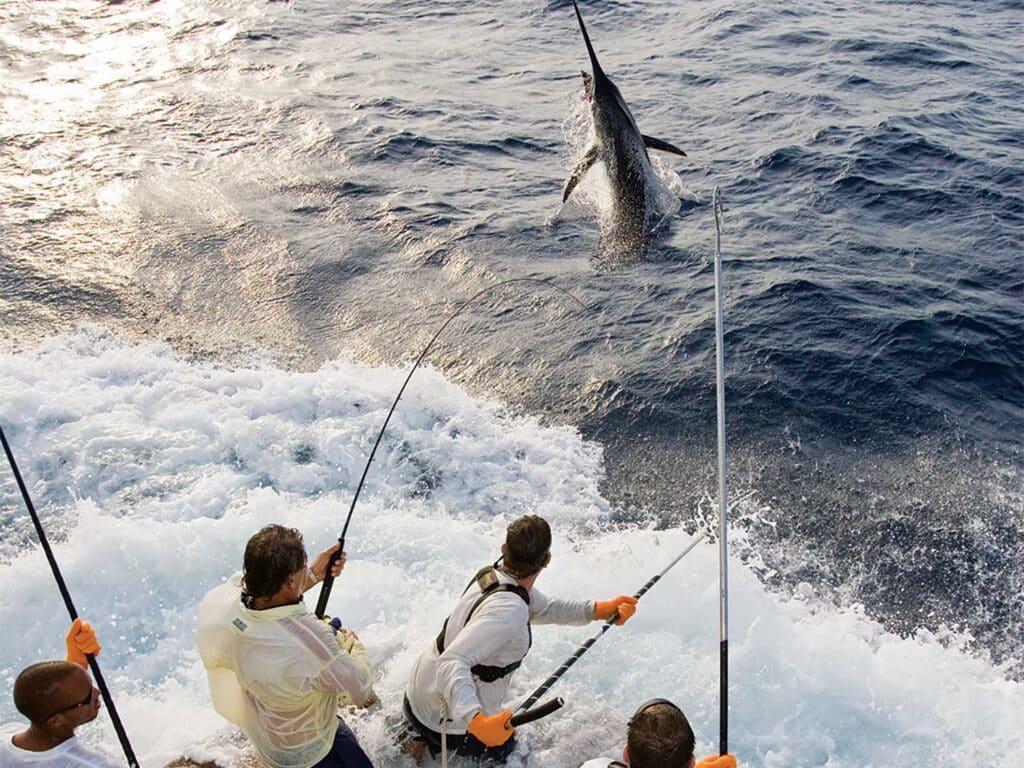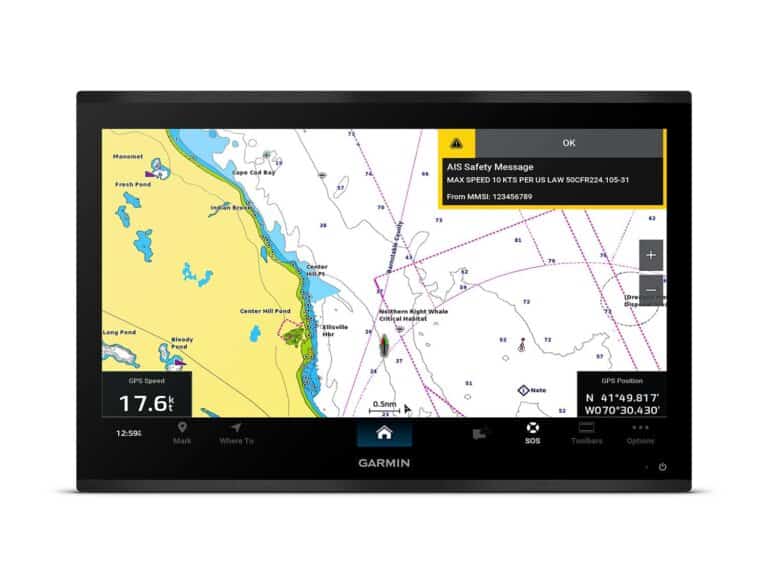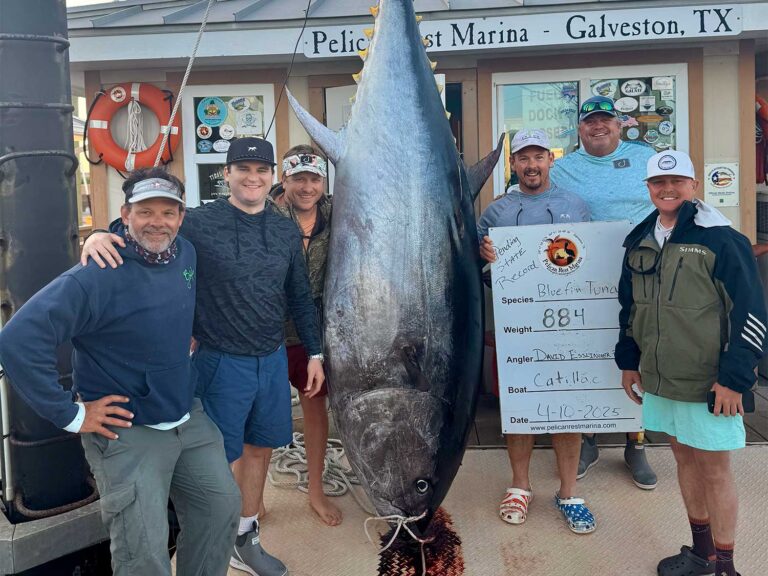
Special delivery: Sign up for the free Marlin email newsletter. Subscribe to Marlin magazine and get a year of highly collectible, keepsake editions – plus access to the digital edition and archives.
In my decades of experience as a professional captain, earning the respect of my peers has brought me more value than any amount of money made. And as much as I can sympathize with those trying to make a living, I think it’s important that the respect of one’s peers remains of utmost priority. There are two specific situations that come up regularly in the tournament world where captains and crews can make or break their trust in the industry.
In tournaments with both kill and release categories, it’s not uncommon for boats to hook up on a kill fish with a light tackle outfit intended for a release fish. In many cases, the crew has seen the fish and knows it could qualify for the scales. They fight the fish for hours, sometimes even getting the leader a few times.
But here’s where it gets tricky: Later in the fight, the line or leader breaks, and suddenly they want to claim a release. The mate might have touched the leader well before losing the fish, but the whole tournament knows the intent was to land and weigh it. Word spreads quickly—via radio chatter, texts or phone calls.
In my experience, those who don’t push for release points in those situations earn far more respect when they return to the dock. They rolled the dice, lost and now own their decision—rather than bending the intent of the rules for release points.
As a tournament director, I’ve realized the need for clear rules addressing this scenario and a handful of others that fall into this gray area. Unfortunately, I haven’t had any luck. Some crews have suggested that this particular issue could be solved by not counting release points if an attempt to take the fish is made—specifically when a gaff crosses the covering board. While I get the logic, that doesn’t always work. What about the situations when the fish is right at the minimum weight and the crew vacillates on whether to take the fish?
Fish identification can also be a challenge. Sometimes a marlin is initially called in as a blue, but upon reviewing video footage, the crew realizes the fish is a different species worth fewer points. We’ve had captains radio in mid-tournament to correct their call, even knowing it might cost them a big daily payout. That level of honesty speaks volumes. On those occasions, the radio comes alive with peers congratulating them for their integrity. Those moments gain them immense respect.
Doing the right thing is difficult, especially when there is big money on the line. But ultimately, honesty and sportsmanship define your reputation in this community. That’s worth more than any trophy or payout.







